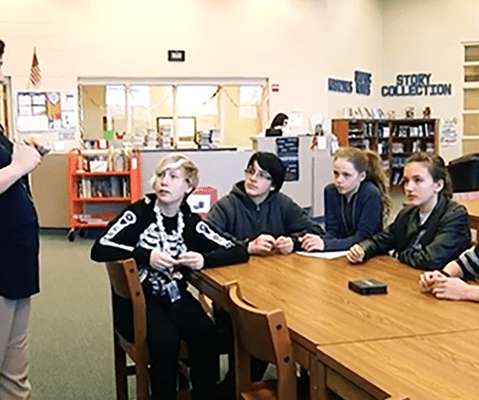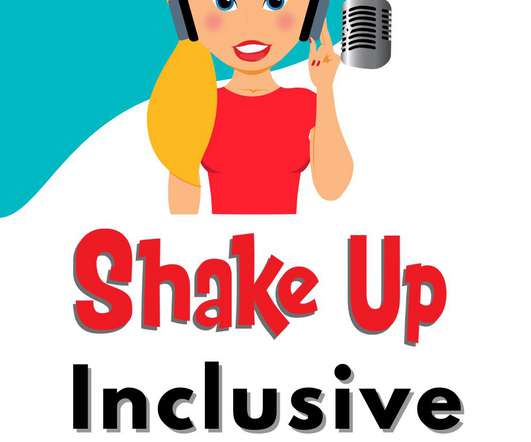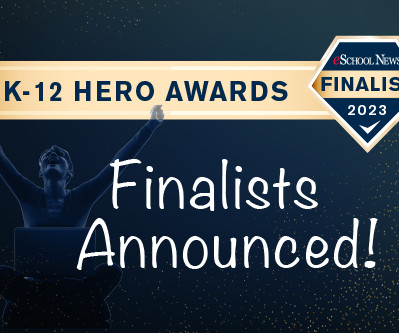New NWEA Study Points to Instructional Strategies Driving Academic Growth
eSchool News
JUNE 7, 2023
– K-12 assessment and research organization NWEA released today a new study that takes a deeper look into instructional practices driving high academic growth. Use student discourse as formative assessment 10. Visit NWEA.org to learn more about how we’re partnering with educators to help all kids learn.




































Let's personalize your content